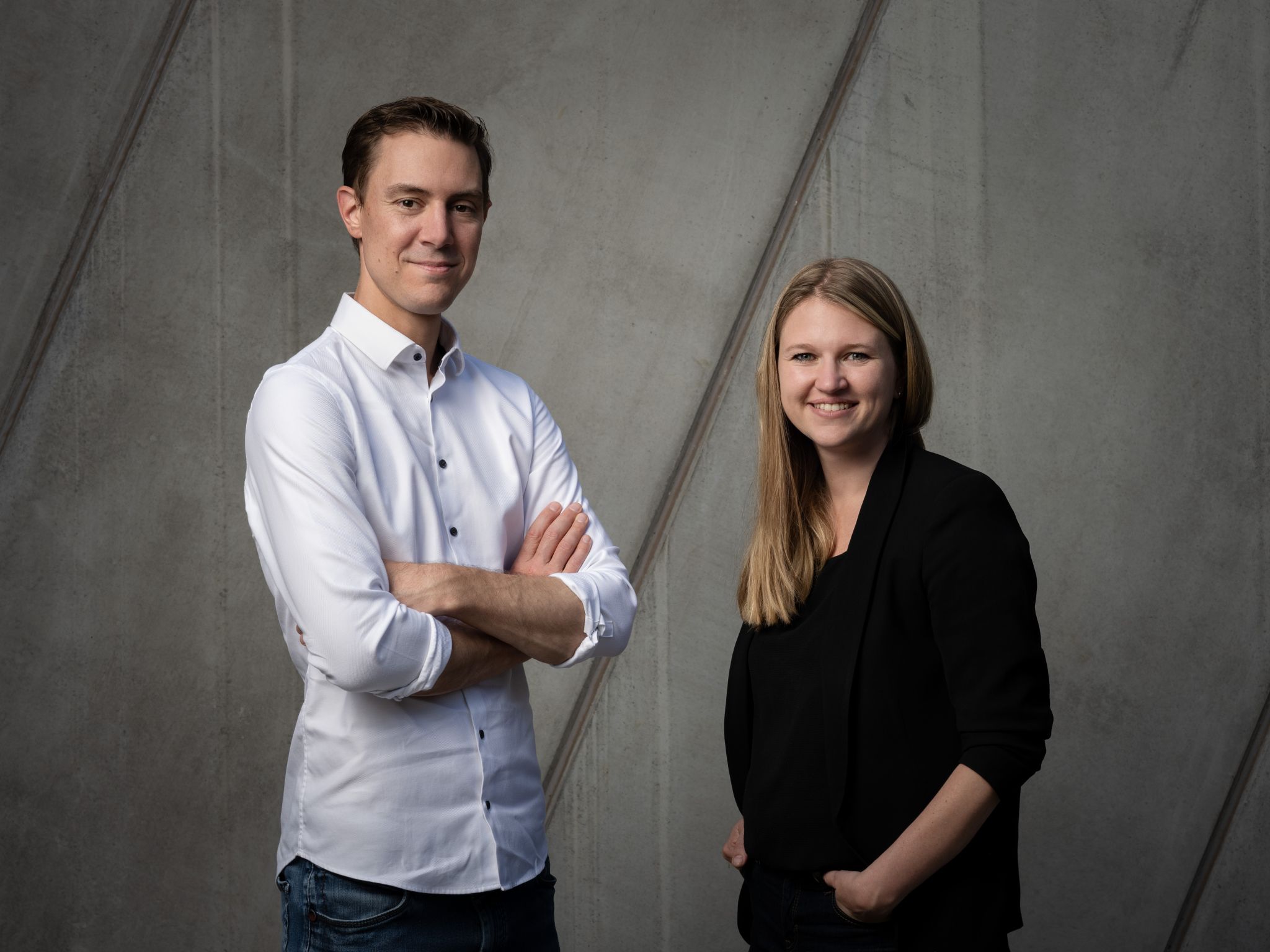

While it may seem unexpected to encounter a social worker in the private equity space, this perspective can offer valuable insights. Social work isn’t just a skill set; it’s a framework for reimagining systems to prioritize the inclusion and empowerment of marginalized communities. In the impact investing realm, social work lends itself to VC as both a set of tactile skills for evaluating investment impact outcomes and a paradigm for understanding the mechanisms of inequality.
When people hear that I am a social worker in venture capital, I am usually met with varying degrees of oxymoronic confusion or surprise. I understand that the dissonance renders the question: Venture capital often favors those who are already in advantageous socioeconomic positions. So where does VC intersect with principles of economic justice and economic equality?
One of the primary avenues for this intersection is the segment of impact investing, a corner of the market dedicated to investments in improving social and environmental development. While impact investing comprises a niche (around 1 percent) of global assets under management, it represented upwards of USD 1.164 trillion as of 2023 (Global Impact Investing Network). Compared to the 92 percent of nonprofits that operate with less than USD 1 million per year, this ‘niche’ market has the potential to unlock widespread social impact.
Venture capital is an even more specific slice of impact investing with the core operating principle of betting on big ideas with the potential to upend the status quo. Impact investors add an additional dimension: find innovations that can transform conditions for people and the planet. At Working Capital Fund, we invest in innovative startups that confront inequality across global supply chains. Our aim is that venture investments in early-stage impactful start-ups can deliver scaled impact in a space where scale is needed.
The efficacy of impact investing hinges not only on its principles but also on the evaluation and measurement of its outcomes. Within my position focusing on impact and communications at WCF, I have found that my social work focus in program evaluation and applied research (PEAR) seamlessly transitioned into the realm of impact management and measurement (IMM). PEAR methodologies in social work contexts have been predominantly utilized to evaluate interventions in fields such as public health, government initiatives, and nonprofit organizations, while the emergence of IMM has introduced a parallel toolset tailored for impact investors operating within the business sector. In this capacity, I focus on efforts to assess the effectiveness of our portfolio companies and validate our investment and impact hypotheses.
Both PEAR and IMM require a creative analytical approach, adeptness in data collection and analysis, and a keen understanding of qualitative and quantitative research methodologies. The defining difference between the two is the contexts they are used in. Moreover, both require the ability to translate complex findings into actionable insights that drive decision-making and foster continuous improvement. Drawing from PEAR skills, I have adapted my proficiency in designing evaluation frameworks, conducting impact assessments, and synthesizing findings to gauge the impact performance of our investments. This has involved collaborating closely with portfolio companies to collect relevant data and employ evaluation methods to measure outcomes and assess impact.
A social work education has given me a complex understanding of how various socioeconomic systems interact with each other and how social issues cease to exist in a vacuum. Through our impact focus at WCF, we address economic inequality as it intersects with employment and workers’ rights, also recognizing the role of gender inequity and climate justice. When we examine economic inequality through the lens of workers’ rights, we uncover how disparities in wages, working conditions, and access to opportunities are further exacerbated by factors such as gender, race, class status, and ethnicity. Women, particularly those from marginalized communities, often face compounded challenges in the workforce, including lower wages, limited access to leadership positions, and inadequate support for balancing work and caregiving responsibilities. The lens of climate justice reveals yet another layer of vulnerability. Marginalized communities disproportionately bear the brunt of environmental degradation and climate change, exacerbating unsafe labor conditions such as those witnessed in cobalt mining in the DRC, where workers lack adequate resources and political clout to address these challenges. Understanding these intersections is crucial for identifying strategic investments that would reduce the harm caused by these layers of vulnerability.
Working Capital Fund (WCF) focuses on technology solutions that transform the supply chain to improve outcomes for marginalized workers. Supply chains are the backbone of modern commerce, yet they are rife with exploitation, stemming from opacity and power asymmetry throughout. WCF was founded to respond to the growing market demand for more transparent, responsible, and ethical supply chains while improving economic and social conditions for millions of vulnerable workers. Our portfolio companies solve for worker safety, ethical procurement, supply chain transparency, product traceability, and impact measurement. Core technologies include artificial intelligence, machine learning, computer vision, healthtech wearables, and a range of fintech products. Through these investments, we have supported our companies to reach directly over 760k workers in more than 64 countries, as well as 425 million supply chain actors, through impact verticals including forced and child labor, gender equity, and migrants’ rights.


